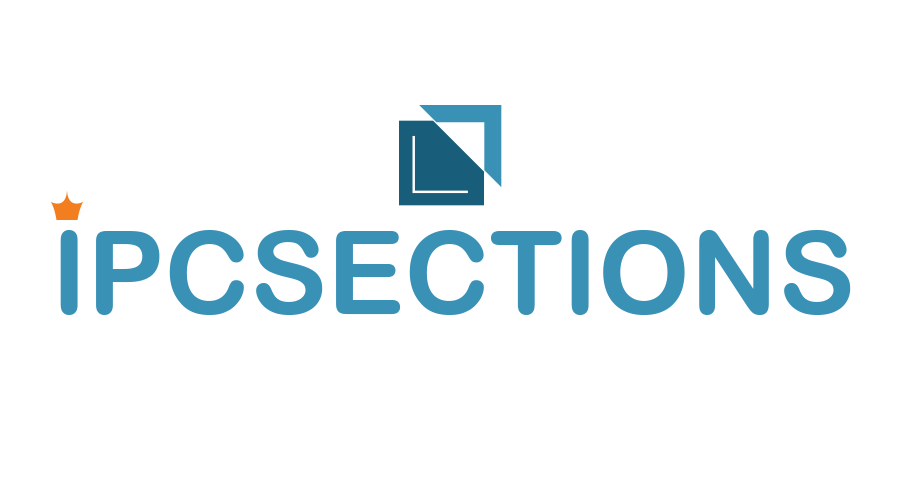In the quick-transferring world of commercial enterprise, where deals are struck each day and contracts fly throughout inboxes, having a contract playbook isn’t simply beneficial—it’s vital. Whether you’re dealing with prison dangers or seeking to accelerate negotiations, a settlement playbook can be your fine ally.
This article dives into what a settlement playbook is, how it relates to a broader prison playbook, and most significantly, a way to generate an agreement playbook that helps efficiency, consistency, and smarter enterprise choices.
What is a Contract Playbook?
A contract playbook is a strategic report that outlines the way to evaluation, negotiate, and finalize contracts. It usually includes favored legal language, fallback positions, negotiation recommendations, and internal policies. Think of it as a blueprint that guides prison and business teams through agreement overview strategies with confidence and consistency.
It helps answer questions like:
- What clauses are negotiable?
- What’s our desired agreement language?
- What’s the legal group’s function on precise terms like liability or confidentiality?
In essence, it standardizes the agreement method, reduces bottlenecks, and enables non-legal professionals negotiate with extra autonomy—without putting the enterprise at legal danger.
The Bigger Picture: Legal Playbooks
A legal playbook is a broader guide than a contract playbook. It doesn’t just attention on contracts however outlines responses to habitual legal scenarios—like dealing with litigation, compliance issues, employment disputes, intellectual assets subjects, and greater.
While an contract playbook may live within the prison playbook, every has its particular motive. Legal playbooks act as a rulebook throughout various criminal functions, at the same time as a settlement playbook zooms into the specifics of agreement lifecycle control.
Why You Need a Contract Playbook in 2025 and Beyond
The business panorama has changed. More contracts are digital, negotiations are happening across time zones, and internal stakeholders are stressful faster turnarounds. A stable settlement playbook gives your group:
- Speed:Faster negotiation cycles with geared up-to-use templates and language.
- Consistency:Uniform language and positions assist keep away from volatile deviations.
- Empowerment:Sales, procurement, or HR groups can negotiate wellknown contracts without ready on criminal.
- Risk mitigation:Helps make certain prison doesn’t have to start from scratch each time.
Plus, in industries like tech, finance, or healthcare—wherein compliance and law are excessive-stakes—a well-constructed settlement playbook can prevent pricey errors.
How to Generate a Contract Playbook That Works
Creating a settlement playbook doesn’t need to be overwhelming. It’s about shooting your prison crew’s understanding and structuring it into something usable. Here’s an easy, step-by means of-step guide:
- Identify Your Most Common Contracts
Start through figuring out which contracts are maximum often used for your employer. These might consist of:
- NDAs (Non-Disclosure Agreements)
- MSAs (Master Services Agreements)
- Employment Agreements
- Vendor Contracts
- SaaS Agreements
Focus on high-volume, high-impact documents first.
- Gather the Stakeholders
Involve your criminal team, business leaders, procurement, HR, and income. Each group has particular concerns and reports when it comes to contracts.
- Ask questions like:
- Where do negotiations get caught?
- What clauses reason friction?
- What terms are deal-breakers?
This will assist you anticipate objections and clarify fallback positions.
- Map Out Standard and Fallback Clauses
For each key clause (indemnity, problem of legal responsibility, termination rights, fee phrases), outline:
- Preferred language – The clause your organization wishes.
- Acceptable alternatives – Fallback positions which can be negotiable.
- Non-negotiable – Terms that cannot be modified without prison approval.
This is the heart of your settlement playbook.
- Write Clear Guidance Notes
Don’t just copy-paste legalese—make it human. Add aspect notes and factors that explain the “why” at the back of every clause.
Example:
“We opt for a 30-day is aware period because it offers us enough time to alter our operations. Anything less might also require legal approval.”
This context allows non-lawyers make knowledgeable selections and improves adoption.
- Build Negotiation Tips into the Playbook
Include advice on a way to negotiate particular clauses. It ought to appear like:
“If the counterparty pushes for mutual indemnity, ask whether they have got comparable risk exposure.”
“Push lowers back on uncapped liability except without a doubt required for compliance motives.”
Negotiation tips bring your settlement playbook to lifestyles. They turn it right into a operating tool instead of a static report.
Version Control and Update Guidelines
The Human Element: Making Playbooks User-Friendly
An extraordinary settlement playbook doesn’t live in a dusty folder on someone’s computing device. It receives used. That means it desires to be:
- Searchable– Use a simple layout with a desk of contents and tags.
- Understandable – Avoid immoderate legal jargon.
- Accessible– Store it somewhere everybody can reach (e.g., shared drive, know-how base).
- Up-to-Date– Assign ownership for updates and opinions.
A playbook isn’t a one-and-achieved assignment. It evolves with your commercial enterprise, your prison stance, and adjustments in law.
Final Thoughts
Creating a contract playbook isn’t just about performance—it’s about clarity, empowerment, and chance discount. When you generate a settlement playbook tailor-made in your corporation’s wishes, you’re giving your group the ability to act quickly without compromising nice or protection.
In 2025, wherein digital contracting and AI gear are getting the norm, pairing clever tech with a human-focused playbook is the future of prison operations.
Whether you are a part of a growing startup or a seasoned organization, making an investment time into your settlement and criminal playbooks will pay dividends in stored time, better offers, and fewer felony headaches.

